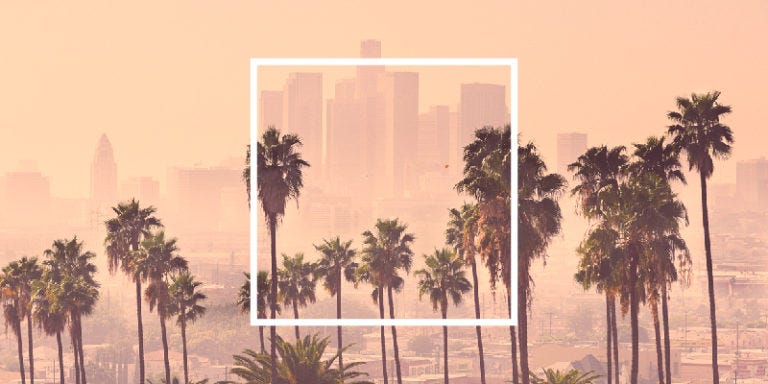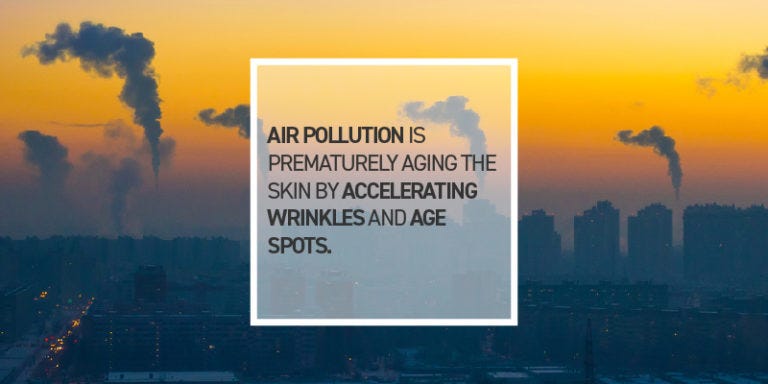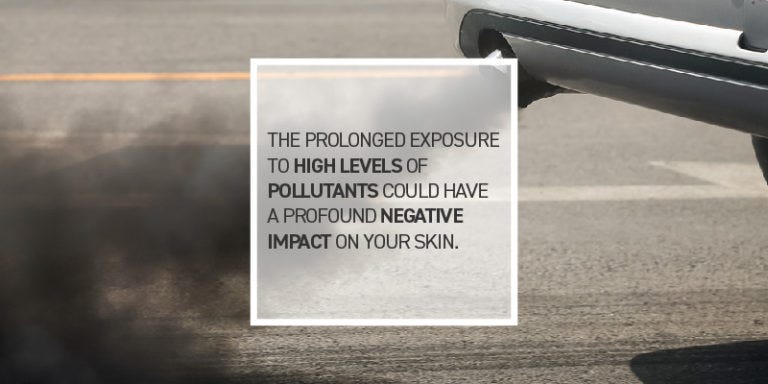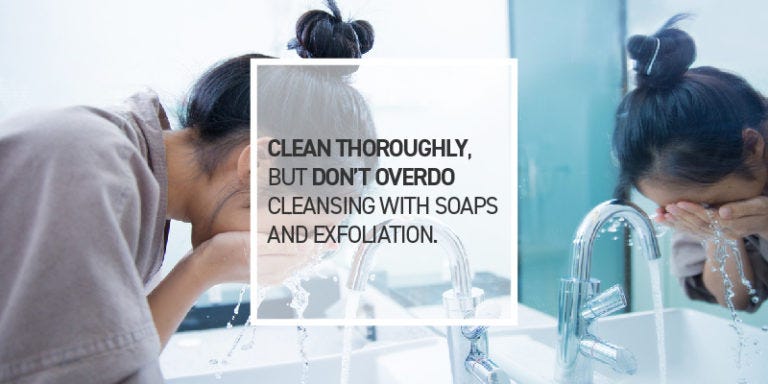Skincare Tips from MDSUN Skin Care®

There’s no doubt about it: air pollution is certainly a major cause for environmental concern. It’s a health risk to our bodies, as well. The effects of air pollution on our lungs have been well-known for a long time now, and we’re seeing the impact on other areas of the body, as well.
It wasn’t all that long ago that we suspected the sun was the only enemy when it came to aging skin. “The sun isn’t the only villain, now that we know how damaging pollution really is,” says David Bank, M.D., Assistant Clinical Professor of Dermatology at Columbia-Presbyterian Hospital in New York City.
Recently, research is showing that air that isn’t clean has a huge impact on the health of your body’s largest organ: the skin. The problem isn’t necessarily all that new, but little scientific research has been done in the past.
What Does Pollution Do To Skin?

Air pollution is prematurely aging the skin by accelerating wrinkles and age spots. It can also contribute to other skin problems.
A landmark study published in the Journal of Investigative Dermatology compared women living in urban and rural environments over a period of 24 years and found that those exposed to increased pollution had more dark spots and wrinkling. Doris Day, M.D., Clinical Associate Professor of Dermatology at New York University Langone Medical Center expands, “Pollution can cause uneven skin tone, accelerated aging, and even skin cancer.”
Olay presented a joint study at the annual conference of the Chinese Dermatologist Association proving that pollution has a significantly detrimental effect on the skin. Living in highly polluted areas ages people 10% faster than those living in the country.
How Can Pollution Affect the Skin?

Although your skin acts as a biological shield against chemical and physical air pollutants, the prolonged or repetitive exposure to high levels of these pollutants could have a profound negative impact on your skin.
It quite literally comes from all around. Microscopic specks of smoke, soot, acid, and other pollutants are released into the atmosphere from sources like fires, construction sites, cars, and power plants. Traffic is notably the most offensive enemy to healthy skin.
It might be comforting to know these harmful particles just sit on the surface of your skin, gumming up the works if that were true.
But it’s not.
These particles are tiny.
Nope. Tinier than that.
They’re about 20 times smaller than your pores, which allows them to infiltrate into deeper layers of the epidermis, causing not only inflammation and dehydration but also a reaction at the cellular level. It’s this deep reaction that leads to the break down of collagen and elastin, causing a loss of elasticity and firmness.
The larger particulate pollution is too large to penetrate. “But chemicals that are attached to them, such as from fuel, oil, diesel, and pesticides, will penetrate and kick off a reaction with free radical production and oxidative stress which ages the skin,” explains Dr. Frauke Neuser, Olay Principal Scientist.
Once it gets in there, it breaks down collagen and the lipid layer in the skin, which impairs skin barrier functions. “Pollution is created by emissions of toxic gases,” explains Dr. Rachael Eckel, a cosmetic dermatologist. “Combined with UV rays from sunlight, it creates a highly reactive molecule that causes damage to proteins, collagen, and lipids in the skin. Remember, the main function of the skin is to act as a barrier or a shield.”
When breathed in, pollutants generate circulating free radicals and increase our inflammatory state by activating our immune response which can accelerate signs of aging,” adds Dr. Adam Geyer, a consulting dermatologist.
Not only that, but days with high pollution can cause a flare-up of skin conditions. “It’s a vicious circle,” Says Neuser. “Every time you go out, the chemicals can penetrate more easily and the barrier is weakened.” Exposure is associated with inflammatory or allergic skin conditions like atopic dermatitis, eczema, psoriasis, and acne.
How Can You Fight Pollution’s Effects?

While you can’t necessarily change the course of history, or suddenly and drastically decrease the output of pollutants, you do have control over just how much you let this affect your face.
“Simple changes to your beauty routine, such as proper cleansing and using antioxidants every day, can have a big, positive effect on your skin,” says Day.
The good news is that when your skin is healthy, it’s a pretty efficient filter on its own. One of the functions of the skin barrier is to keep things from getting into the body by way of the skin. The human skin does a good job of blocking out undesirable substances and forces like chemicals, pathogens, and sunlight. Practicing good skincare goes a long way towards ensuring you’re as protected as possible.
- Avoid excessive use of perfumes, which can weaken the barrier.
- Avoid hot water, steam, or high heat when possible.
- Clean thoroughly, but don’t overdo cleansing with soaps and exfoliation.
- Stay away from extreme conditions like dry air, bitter cold, and strong winds.
- Use sunscreen religiously.
- Choose skincare products that contain antioxidants to combat free radicals.
- Add in products designed to help alleviate skin inflammation.
MDSUN has a complete line of luxurious products designed to pamper your skin for all the hard work it does for you. It treats aging skin by moisturizing and hydrating while normalizing skin function.
Skin Care Tips From MDSUN Skin Care®
Please Visit Our Official Website - MDSUN Skin Care




Comments
Post a Comment